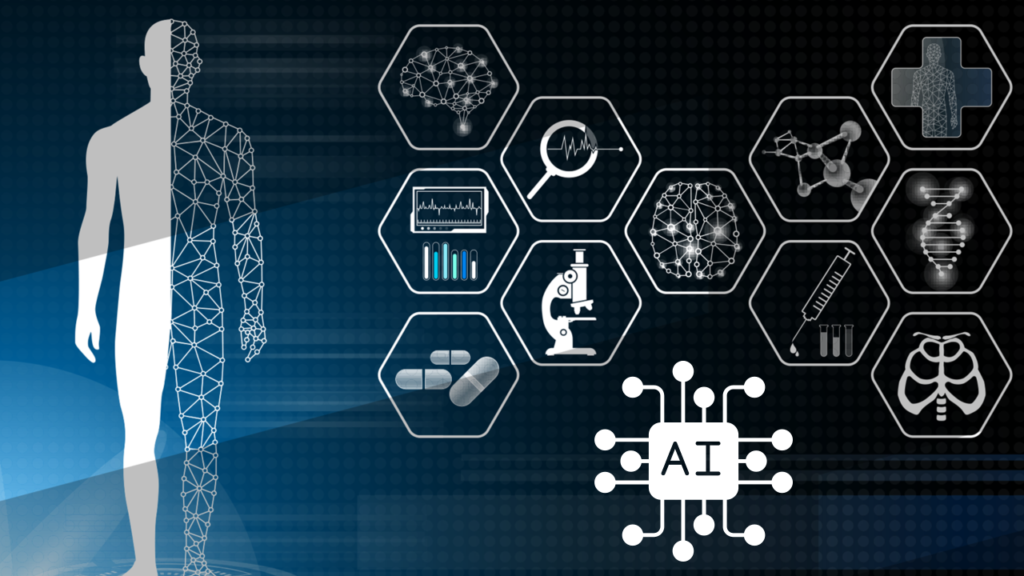AI and machine learning are revolutionizing healthcare by enabling a shift from generalized treatment approaches to highly personalized care tailored to individual patients. This transformative capability leverages vast amounts of data—ranging from genetic information to lifestyle factors—to create targeted treatment plans, predict outcomes, and enhance patient experiences.
At the core of personalized healthcare is the ability of AI algorithms to analyze complex datasets with unprecedented speed and accuracy. For instance, in precision medicine, AI processes genomic data to identify genetic markers associated with specific diseases. By understanding a patient’s genetic predispositions, healthcare providers can recommend preventive measures or treatments that are most likely to be effective for that individual. This has been particularly impactful in oncology, where AI-driven genomic analysis helps oncologists design customized cancer therapies based on a tumor’s unique genetic profile.
Machine learning models also excel in predictive analytics, enabling early detection of diseases and complications. These models use patient data, including medical history, diagnostic results, and wearable health device data, to predict the likelihood of developing conditions such as diabetes, heart disease, or stroke. Early identification allows for timely interventions that can significantly improve patient outcomes while reducing healthcare costs.
AI-powered tools are increasingly used to personalize drug therapies. Traditional methods of drug development and prescription often take a one-size-fits-all approach, which can result in variable efficacy and adverse side effects. By applying machine learning to pharmacogenomics—the study of how genes affect an individual’s response to drugs—researchers can predict how a patient might react to specific medications. This enables clinicians to prescribe drugs and dosages optimized for maximum benefit with minimal risk, enhancing patient safety and satisfaction.
Another area where AI contributes to personalized healthcare is patient monitoring and engagement. Wearable devices and mobile health apps equipped with AI provide continuous health tracking, capturing data on vital signs, activity levels, sleep patterns, and more. These insights allow for real-time adjustments to treatment plans and foster a more proactive approach to health management. AI can also send personalized recommendations or alerts to patients, encouraging adherence to medications, exercise routines, or dietary guidelines.
For chronic disease management, AI-powered platforms offer tailored care plans that adapt to a patient’s changing condition. In diabetes management, for example, machine learning algorithms analyze glucose levels, diet, and exercise data to provide dynamic insulin dosing recommendations. Similarly, AI-driven virtual health assistants deliver personalized support for mental health conditions, offering coping strategies based on user inputs and historical trends.
Despite its immense potential, the implementation of AI and machine learning in personalized healthcare faces challenges. Data privacy and security are major concerns, given the sensitive nature of health information. Ensuring compliance with regulations like HIPAA and GDPR is essential for maintaining patient trust. Additionally, integrating AI systems into existing healthcare infrastructure requires significant investment, interoperability solutions, and training for healthcare professionals.
AI and machine learning are ushering in a new era of personalized healthcare, making it possible to tailor treatments and interventions to the unique needs of each patient. By leveraging advanced data analytics, these technologies not only enhance clinical decision-making but also empower patients to take an active role in their health journey. As research and development continue to advance, personalized healthcare will likely become the gold standard, improving outcomes and quality of life for patients worldwide.




